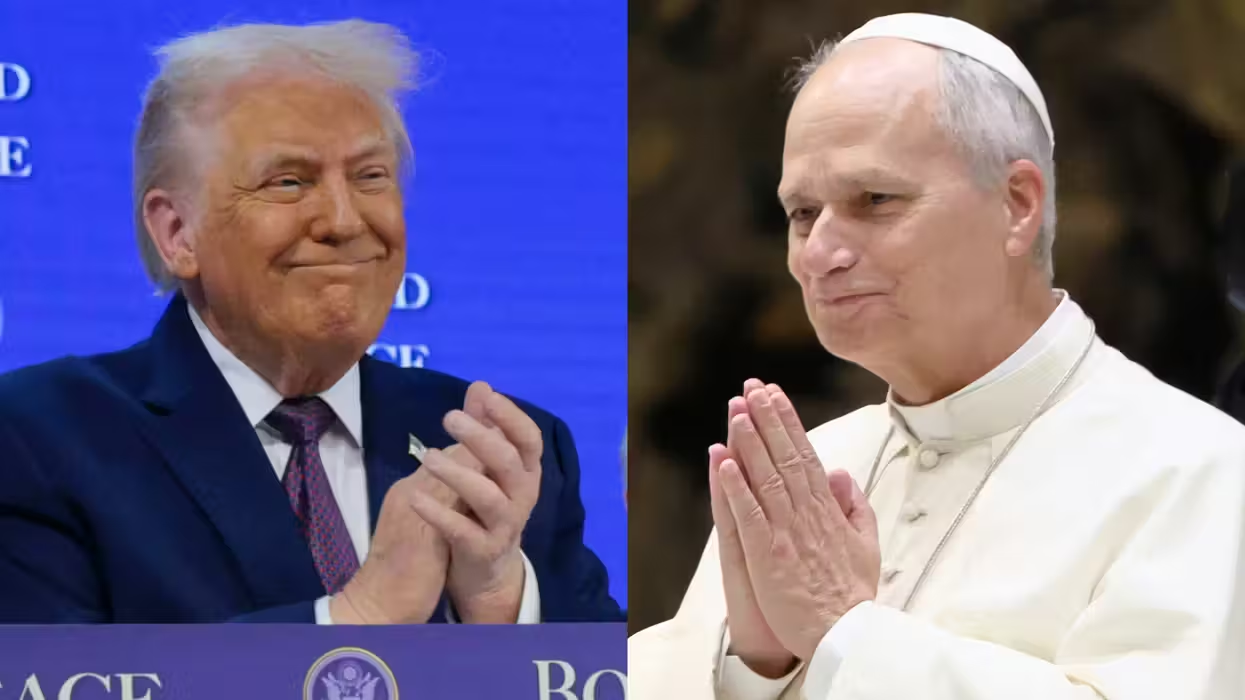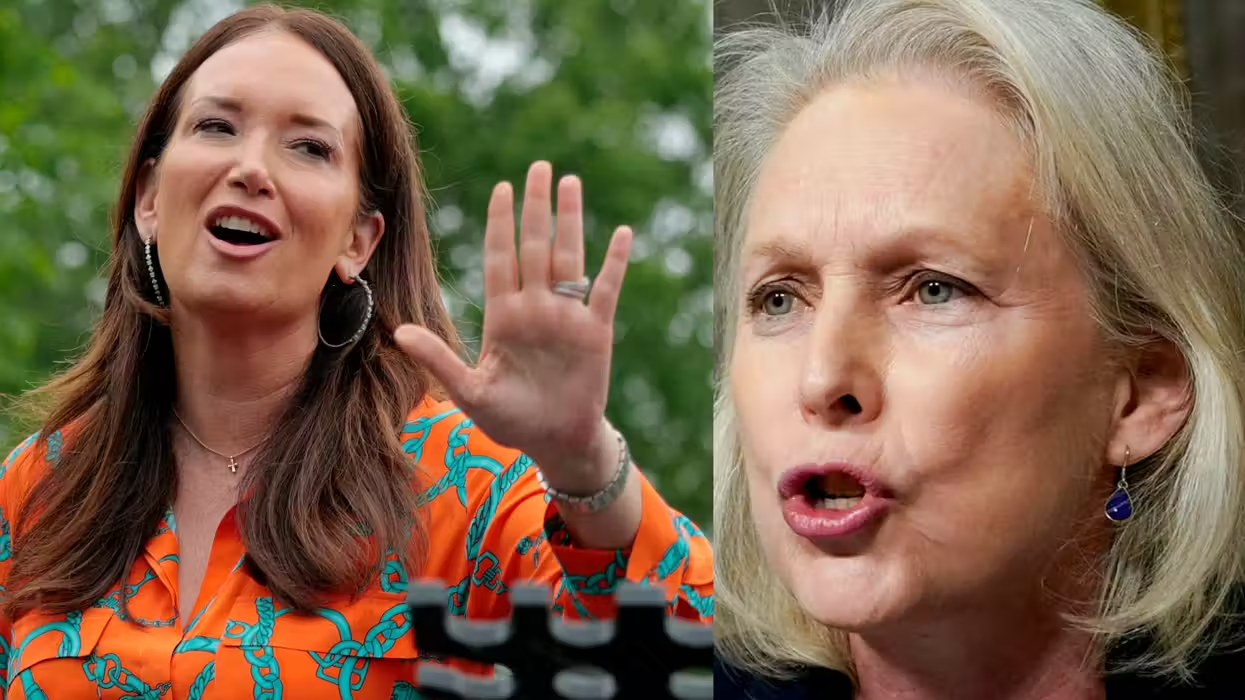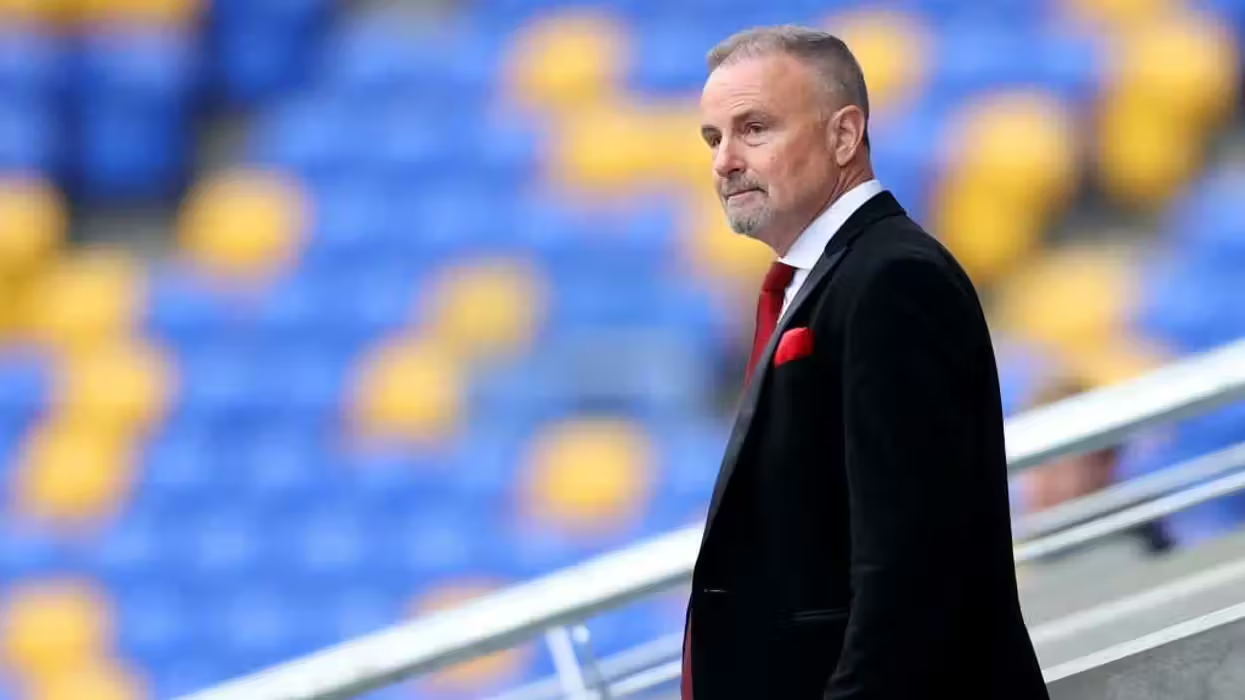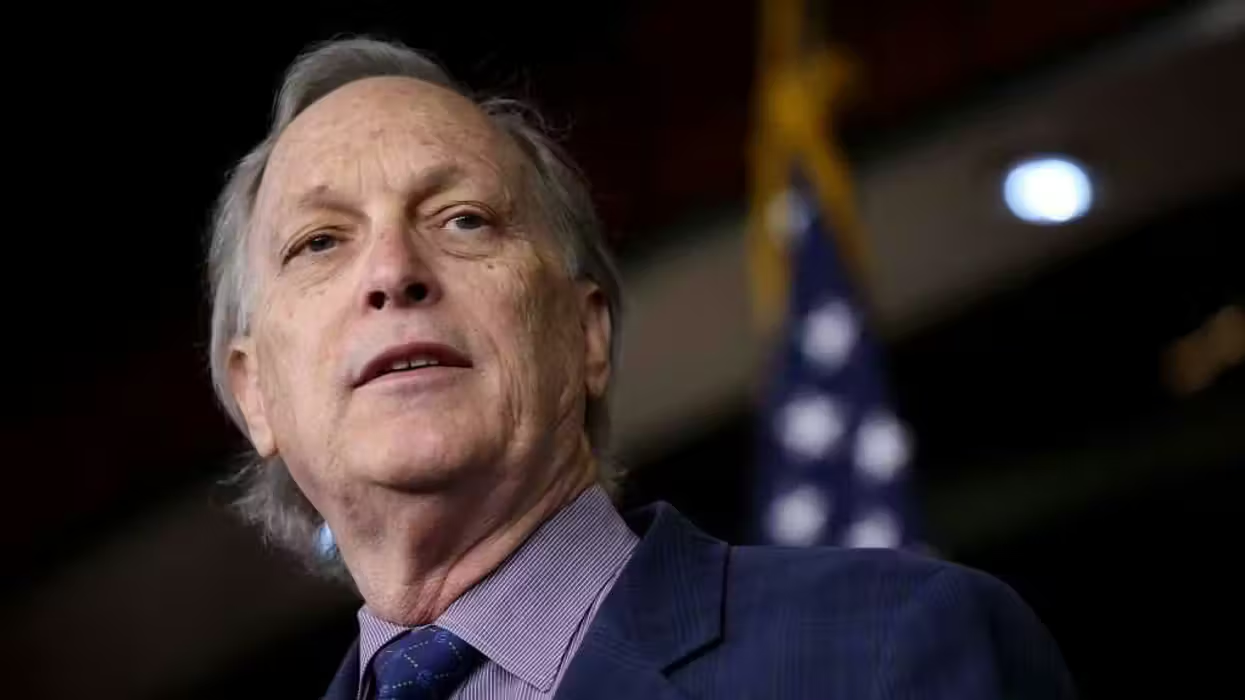
© 2026 Blaze Media LLC. All rights reserved.
Unprecedented: EU Officials Call on Fellow Countries to Give up Control of Banks
September 12, 2012
"Europe needs a new direction."

European Union officials are asking national governments to give up control of their banks as a means of "solving" the EU's financial crisis.
Yes. Give up control of their banks. What could possibly go wrong?
In a proposal that represents one the most significant surrenders of national sovereignty since the creation of the euro in 1999, the European Commission, the EU's executive arm, proposed Wednesday to make the European Central Bank (ECB) the single supervisor for all 6,000 banks in the 17 countries that use the currency.
The Commission wants to give the ECB sweeping powers from the ability to grant and take away banking licenses to extensive authority to investigate and fine wayward banks.
Jose Manuel Barroso, the Commission's president, said giving up control of banks would be just the start and that countries should get used to handing over powers to Europe in order to solve the region's debt problems.
"We cannot continue trying to solve European problems just with national solutions," he said in his annual State of the Union address to Parliament in Strasbourg, France.
"A deep and genuine economic and monetary union ... means ultimately that the present European Union must evolve," he added. "And let's not be afraid of the words. We will need to move toward a federation of nation states."
Barroso's remarks go to one of the central debates concerning the survival of the eurozone, that is, whether countries can continue to share a common currency without a unified political system.
As part of forging a tighter EU, many politicians have called for a "banking union" -- a unified playbook for all the region's banks. The creation of a single bank supervisor is an important part of this plan.
Other measures being debated include: a European-wide system of depositors' insurance; a single method for winding down bankrupt banks; and allowing the European bailout fund to directly help banks in trouble, instead of lending money only to governments.

In its proposal, the Commission called for the European Central Bank to take over supervisory roles from the member countries' national banking regulators. Currently, the ECB is only in charge of monetary policy for eurozone countries -- setting interest rates and printing money.
In order not to overwhelm the ECB, the plan proposes to leave day-to-day operations to national authorities. The power to wind down banks in trouble also stays with individual countries -- for now. The EU official said it would eventually be given to the ECB.
The Commission hopes its proposal will take effect Jan. 1, 2013, first handing ECB power over the eurozone's bigger banks and eventually adding the rest of the 17-country bloc's lenders a year later.
The Commission's proposal, published Wednesday morning, still needs to be approved by the European Parliament and the Council, on which the heads of state or government of all 27 countries of the European Union sit.
It could be a tough fight since Germany, one of the eurozone's most powerful members, has said it wants the ECB to supervise only those banks which, if they were to go bankrupt, would cause major damage to the eurozone.
German officials have also expressed alarm at the timetable proposed, saying it risks creating just a slap-dash supervisor.

"What is important above all is that this supervisor can work in terms of quality -- not just that it comes into force as quickly as possible but then doesn't work," Merkel told lawmakers in Berlin on Wednesday. "This is about the quality of supervision, and not just about the quantity."
EU internal market commissioner Michel Barnier, whose team was largely responsible for drafting the proposal, sought to downplay these concerns, noting that the ECB would rely heavily on the "experts" already in place at national supervisors.
He also said the bank would slowly ramp up its powers of supervision over the course of a year, although he did not back off the goal of getting it up and running on Jan. 1, 2013.
In a statement issued Wednesday, the ECB said it welcomed the Commission's proposal.
In his speech Wednesday, Barroso also warned that the financial crisis is "fueling populism and extremism" in Europe.
"Europe needs a new direction," he said.
Again, what could possibly go wrong?
Follow Becket Adams (@BecketAdams) on Twitter
All photos courtesy the AP.
Want to leave a tip?
We answer to you. Help keep our content free of advertisers and big tech censorship by leaving a tip today.
Want to join the conversation?
Already a subscriber?
more stories
Sign up for the Blaze newsletter
By signing up, you agree to our Privacy Policy and Terms of Use, and agree to receive content that may sometimes include advertisements. You may opt out at any time.
Related Content
© 2026 Blaze Media LLC. All rights reserved.
Get the stories that matter most delivered directly to your inbox.
By signing up, you agree to our Privacy Policy and Terms of Use, and agree to receive content that may sometimes include advertisements. You may opt out at any time.






